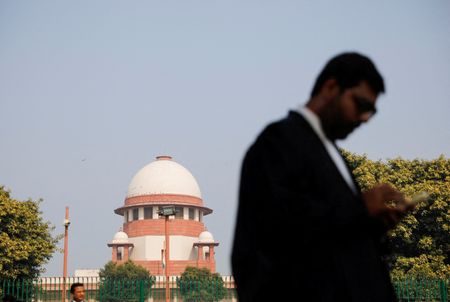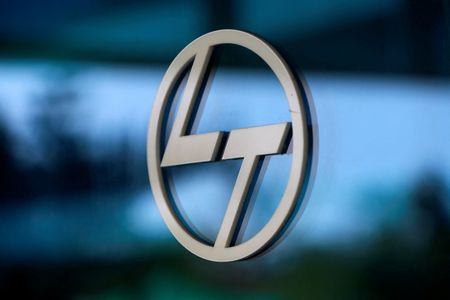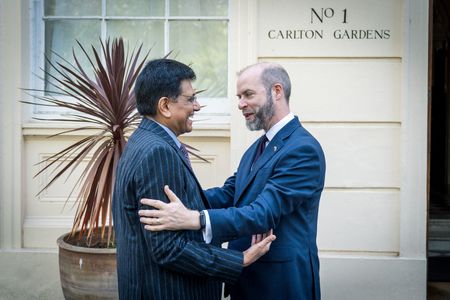By Arpan Chaturvedi
NEW DELHI (Reuters) -A decision by India’s Supreme Court to quash a $2.3-billion steel industry deal six years after an insolvency tribunal approved it has unsettled buyers of distressed assets, throwing a shadow over one of the country’s biggest reforms.
Seven lawyers and bankruptcy law experts said the unprecedented ruling had set off alarm among potential buyers of other insolvent or bankrupt firms, fanning fears about the certainty of their investments.
“Several large international funds … pursuing Indian distressed assets have put their plans on temporary hold,” said Kunal Vajani, joint managing partner at Indian law firm Fox & Mandal.
“One client, managing over $3 billion in distressed debt investments globally, explicitly stated they’re recalibrating India exposure,” he told Reuters.
The insolvency and bankruptcy law unveiled by Prime Minister Narendra Modi’s government in 2016 is often compared to the U.S. Chapter 11 regime, giving creditors the power to take control of distressed companies and revive, or liquidate, them.
The Supreme Court cited major procedural lapses for its decision last week to scrap one of the most successful insolvency deals in India’s history, the takeover in 2019 of Bhushan Power by the country’s biggest steelmaker, JSW Steel.
“A plea of ‘fait accompli’ cannot be permitted to be raised by any party,” the judges said, employing the Latin term for a deed already done.
Ruling in favour of some dissatisfied creditors, they ordered the liquidation of Bhushan Power and asked banks to return funds recovered during JSW’s takeover, raising concerns about the future of a newly rejuvenated and expanded business.
The decision opens the way for successful bids to be challenged on grounds of compliance issues, lawyers said, if necessary by ignoring the practical realities that bedevil India’s overburdened judiciary.
“People will now hesitate to take over sick companies out of fear that years later things can suddenly be reversed,” Vijai Pratap Singh, a former insolvency tribunal judge, told Reuters.
JSW Steel has said it is reviewing the decision.
India’s law ministry did not respond to Reuters queries on growing concerns about the ruling, but the government has discussed the matter with bankers.
India’s lengthy tax investigations and court proceedings often vex domestic and foreign investors.
German carmaker Volkswagen, for instance, is challenging a $1.4-billion demand for alleged tax evasion, saying authorities took 12 years to review shipment records and issue it a warning.
More than 12,000 cases were pending in Indian insolvency courts last year, and the 33 judges of the Supreme Court grapple with a backlog of 81,783 cases, nearly 65% of them more than a year old.
STRICT TIMELINE
India’s recent insolvency and bankruptcy law is largely seen as a success, however. By December 2024, 1,119 companies had successfully gone through insolvency, leading to payouts of $42 billion to creditors in total.
Ed-tech company Byju’s, once India’s biggest startup valued at $22 billion, is undergoing the insolvency procedure, while Go First Airways is in liquidation after revival measures failed.
Lawyers said the JSW outcome would also cast doubt on the law’s presumption of a “clean slate”, repeatedly upheld by courts to make binding and final the approval of a resolution plan by an insolvency tribunal.
“The aim behind this reform was revival of sick companies instead of liquidation,” said Sanjay Jain, India’s former additional solicitor-general, one of the government’s top lawyers.
“But this ruling fails to take that fact into account.”
The Supreme Court said its reversal was necessary because of an “entire spectrum of lacunas and flaws” in the takeover process, including a delay of up to 900 days by JSW in paying its creditors.
In fiscal 2024, an insolvency process took an average of 849 days against a prescribed time of 330 days, government data shows.
India said in 2016 its bankruptcy reform would give a big boost to the ease of doing business, as some of its legal framework for dealing with debt defaults lagged global standards and was more than a century old.
(Editing by Aditya Kalra and Clarence Fernandez)






